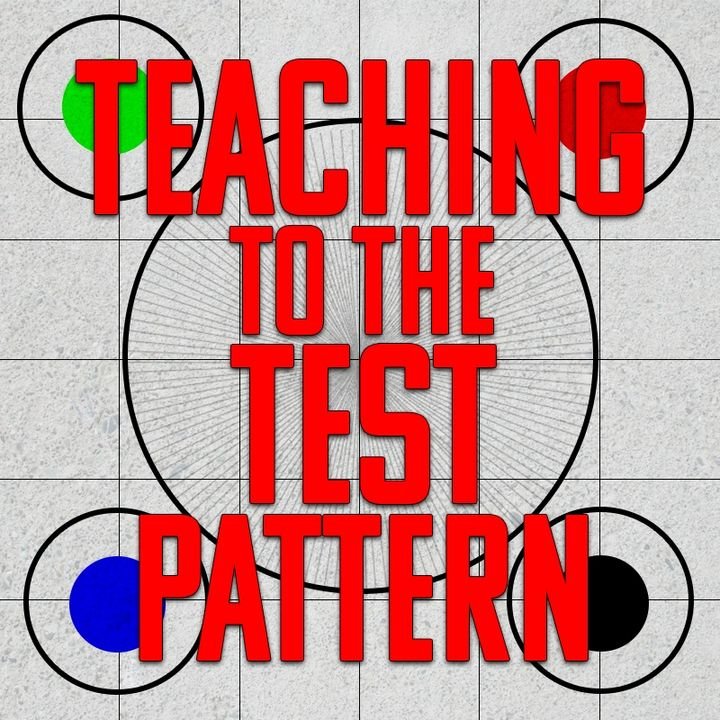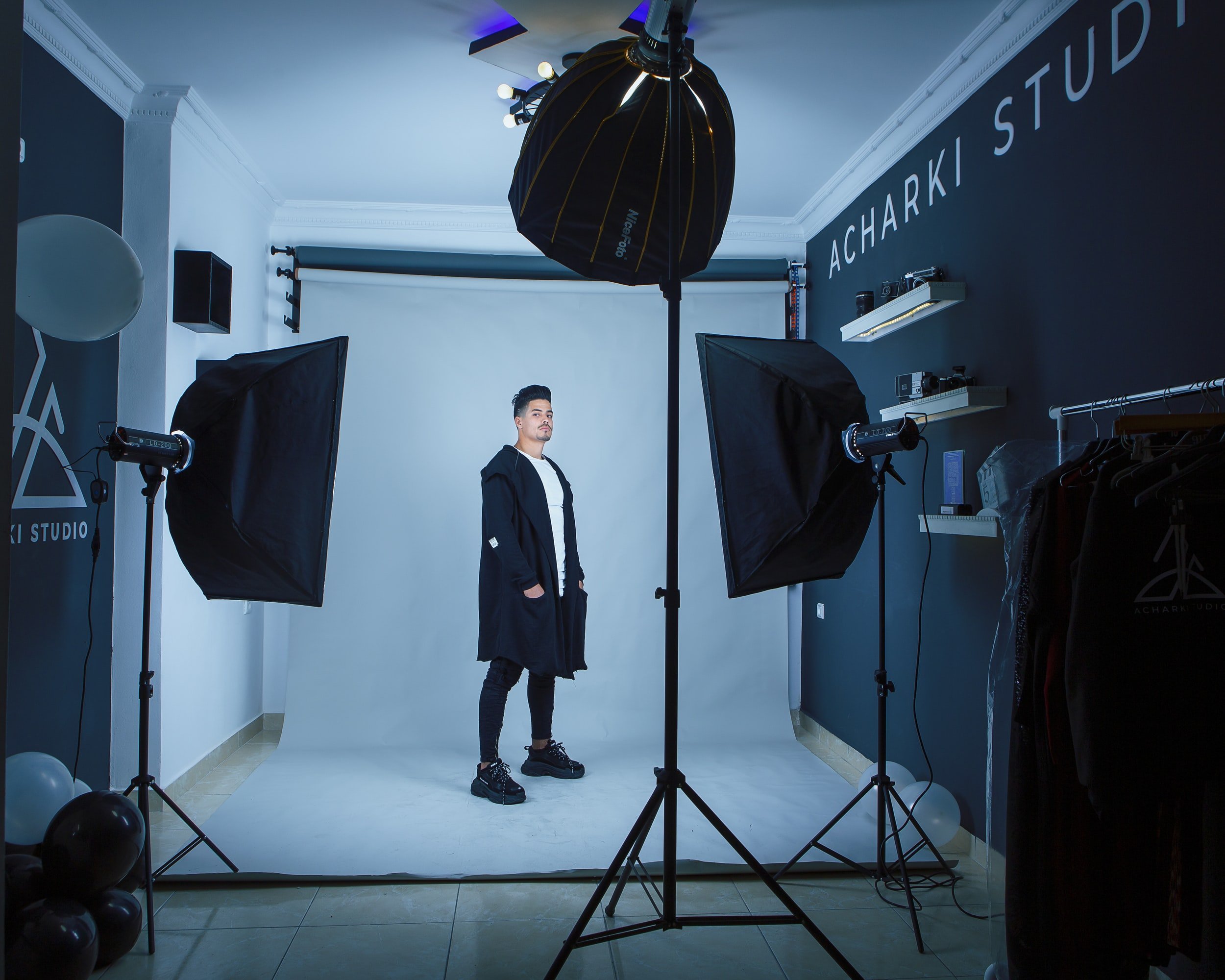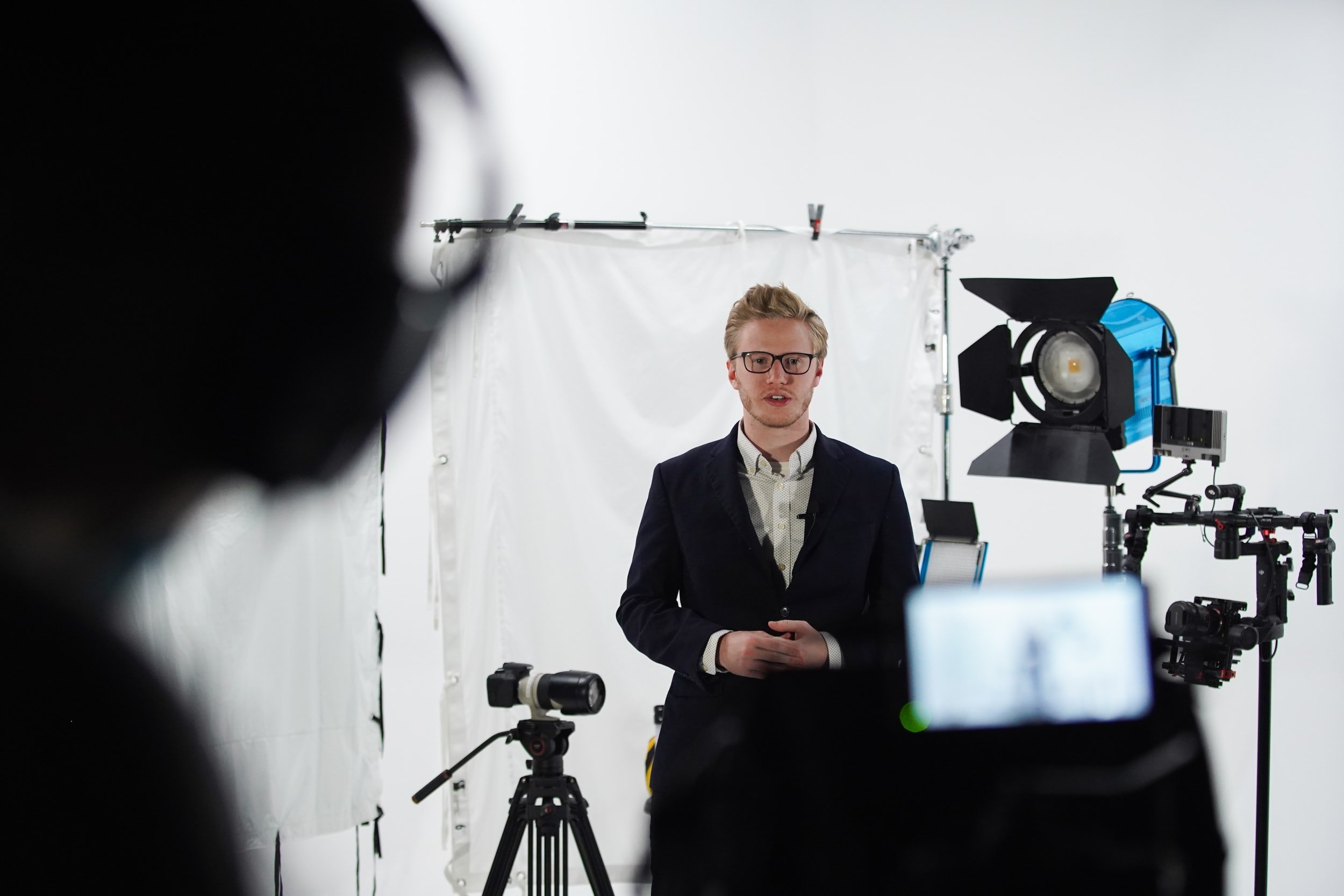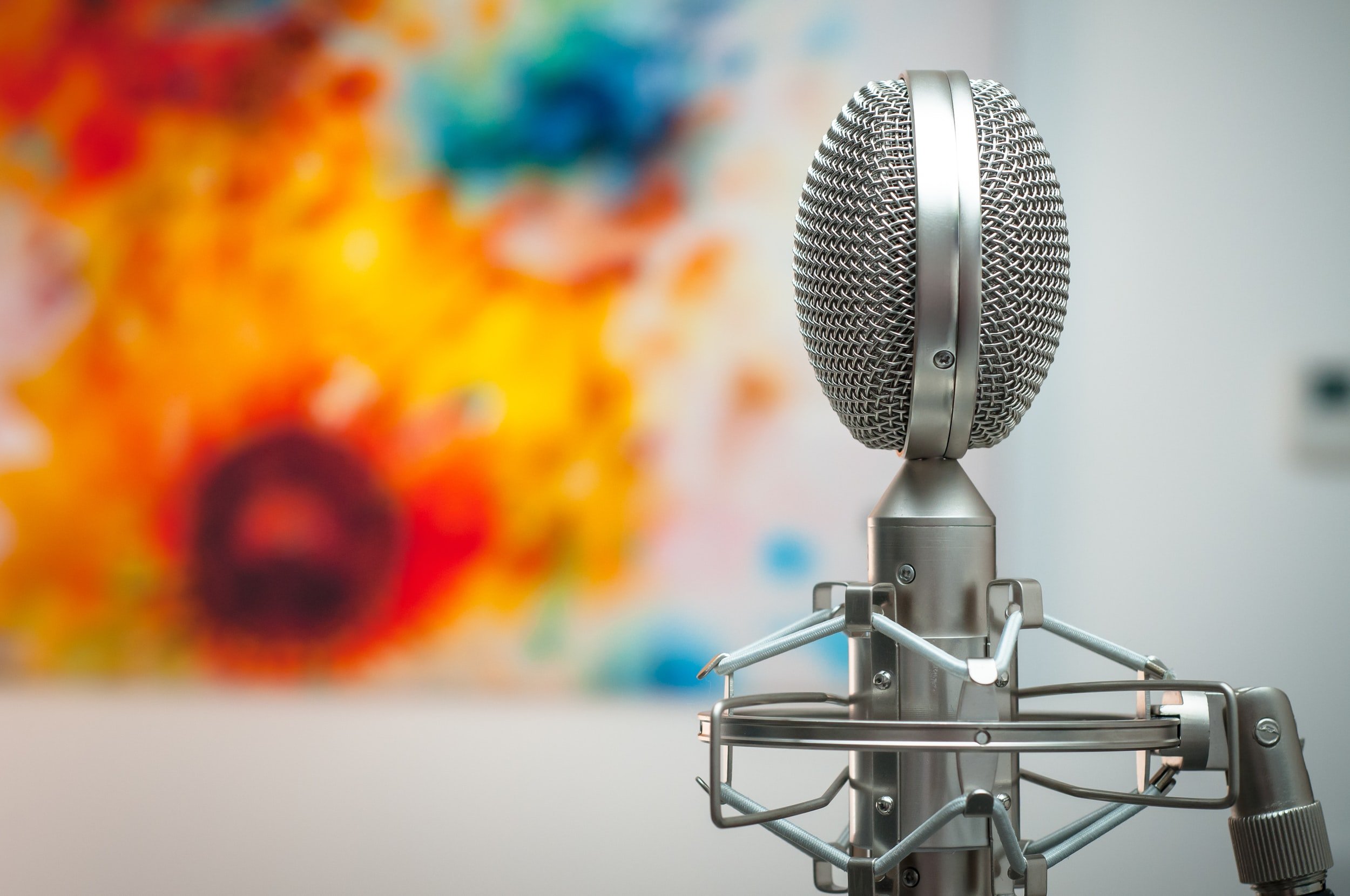
Starting Over and Moving Forward
“If I had known then what I know now” those words from one of my favorite Pearl Jam songs have been echoing in my head for the last two months. The “then” in this case was late February 2010, when I started my first job in education. I was hired as a Program Assistant for a federal grant at a small school in South Georgia. I was 24 years old and I had no idea what I was doing.

Teaching To The Test Pattern: EP108 - Bill Phelps
In episode 108 of Teaching To The Test Pattern, Tom talks with Bill Phelps from Harrison High School. Phelps and his students produce two studio shows - Hoya Vision and HSPN - on their YouTube channel:

Q&A: How To Hone Your Skills As An Interviewer
Why is it that late night talk-show hosts can make their conversations with guests sound so effortless? How are news commentators able to cut to the chase on controversial topics? If you found yourself in an elevator with a celebrity you admire, what’s the one question you could ask to leave an indelible impression?

Interview Styles
Interviews on TV are quite common, and not just during the news. Interviews are so popular, entire shows are built around the idea of one person asking another questions. There are different types of interviews and different ways of setting them up. The Oprah Winfrey show is different than 60 Minutes which is different than the Nightly News. We're going to look at several different interview styles, what they work best for, and how to prepare for and use them in your own work.

The Lighting Triangle
Now that you have your lights it's handy to know how to use them. Turning them on and pointing them at your subject is a good start, but if you really want to get the most out of them you can use what's known as "the lighting triangle." This helps your subject appear more detailed and shots more dynamic.

Interview Camera Setups
You have many choices as to how to shoot an interview, determined in part by the story, the style of the movie, availability of equipment, size of the crew and the amount of physical space in which to shoot. Remember, the better the coverage, the more options you'll have in the editing room. Below are the most common ways of shooting sit-down interviews.

News Judgement and Reporting
As you move out into the journalistic world, you will hear it said of some reporters, producers and editors that they have "good news judgment." But what is that? How can the New York Post or Fox News trumpet stories that The New York Times or other network newscasts will not even mention?

Ethical Considerations in Good Journalism
The pillars of journalism (accuracy, fairness, and objectivity) are among the major ethical considerations for those who work in the news industry. Additionally, there are ongoing debates over bias, objectivity, favoritism, and a number of other ethical issues.

Writing Scripts for Broadcast News
With current demands placed on broadcast instructors and the limited time available for you to prepare your students, the best way to ensure a well-established news gathering and production process is to implement a Newsroom Computer System (NRCS). In fact, an NRCS is the only choice of serious and competitive broadcast programs because these productions require a uniquely efficient, effective and structured workflow that cannot be well performed by unconnected tools.

Lesson Plan - Interviewing
In this mini-lesson, your students will work on their interviewing skills, and possibly move away from the question and answer interrogation, to a conversation in which their character tells stories from which great soundbites are born.

Interviewing Tactics and Techniques
Drawing people out - getting them to speak from the heart - is one of the journalist's most challenging tasks. Interviewing is both an art and a science. Good interviewers get better material because they are able to put the people they interview at ease, establish a rapport, and win their trust.

How to Anchor Like a Pro - Part 3
Over the last two articles, I have talked about becoming a successful television anchor or reporter. The best in the business don’t become a success overnight. They spend years toiling away in small markets, working long hours, making very little money. Students with stars in their eyes are always surprised to hear this, and seem to genuinely appreciate the “real scoop.”

How to Anchor Like a Pro - Part 2
The best anchors in this country do not waltz onto the set and read their scripts cold; they have spent time writing, re-writing and practicing their scripts. Here are a few tips on how to make sure you read like a pro when you deliver the news.

How to Anchor Like a Pro - Part 1
There are many practical tips you can teach your students that they can implement right now to become better newscasters immediately at their schools. Over a series of articles, I will outline as many as possible, so you can share these tools with your aspiring broadcast journalists.

